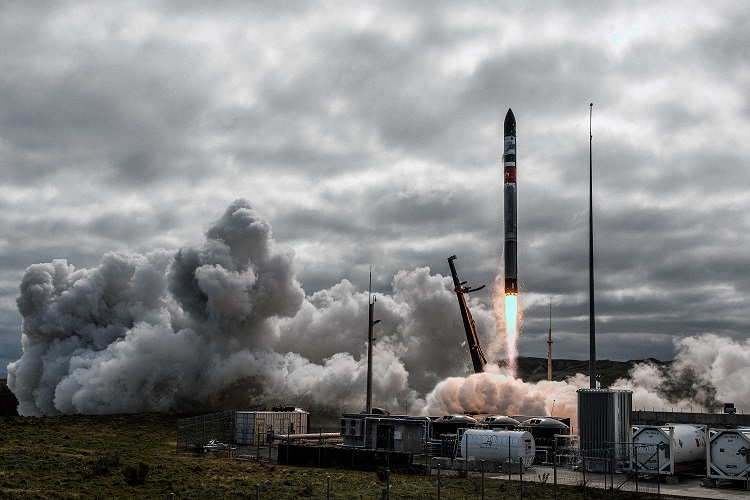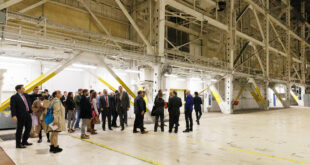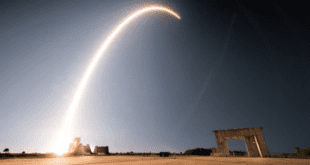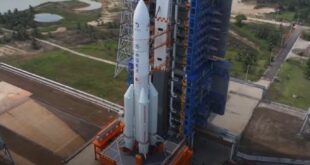
Ibadan, 26 October 2023 – Rocket Lab USA, Inc. has announced that it has received authorization from the Federal Aviation Administration (FAA) to resume Electron launches from Launch Complex 1. The authorization comes after Rocket Lab experienced an in-flight anomaly on September 19th during the Company’s 41st Electron launch.
The FAA has now confirmed that Rocket Lab’s launch license remains active, which is the first step to enable launches to resume. However, Rocket Lab is now finalizing a meticulous review into the anomaly’s root cause, a process that involves working through an extensive fault tree to exhaust all potential causes for the anomaly, as well as completing a comprehensive test campaign to recreate the issue on the ground.
As a result, the FAA is overseeing Rocket Lab’s mishap investigation to ensure it complies with the FAA-approved mishap investigation plan and other regulatory requirements. In addition, the National Transportation Safety Board (NTSB) received official observer status in the investigation. Rocket Lab is consequently anticipating a return to flight later this quarter, with corrective measures in place.
“After more than 40 launches, Electron is a proven, mature design with a well-established manufacturing process behind it, so we knew the fault was going to be something complex and extremely rare that hasn’t presented in testing or flight before,” said Rocket Lab founder and CEO Peter Beck.
“Our investigation team with FAA oversight has worked around the clock since the moment of the anomaly to uncover all possible root causes, replicate them in test, and determine a path for corrective actions to avoid similar failure modes in future. We look forward to sharing the review details once it is complete before returning to flight this quarter,” the CEO said.
 SpaceWatch.Global An independent perspective on space
SpaceWatch.Global An independent perspective on space




